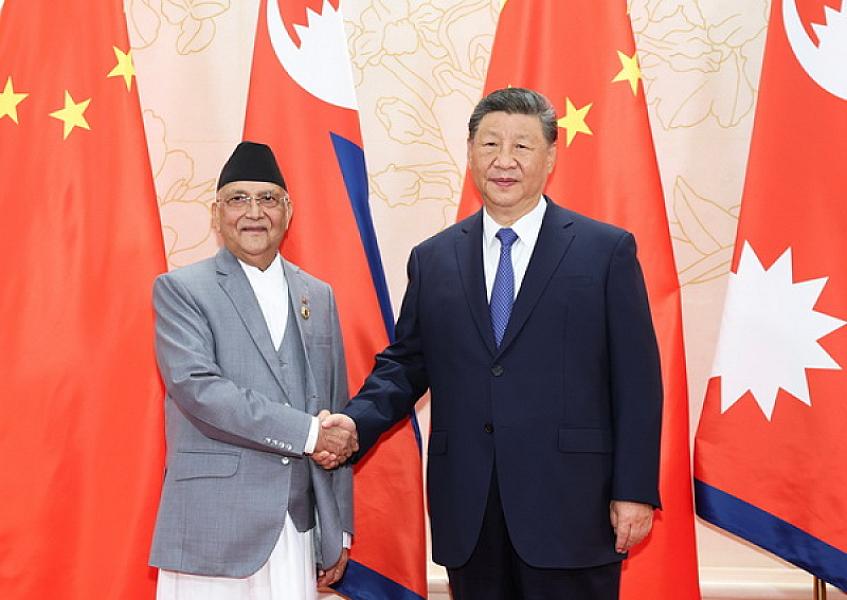Sharma Oli, Nepal's Maoist communist prime minister, was one of Xi Jinping's honored guests at the summit held in the Shanghai Cooperation Organization+ format in China. While having lunch with Xi Jinping, Chairman of the People's Republic of China, Sharma Oli could not have imagined that these were the last days of his government.
Fearing protests that began in Indonesia and resulted in the resignation of government members, Sharma Oli, very likely on China's recommendation, banned social networks such as Facebook, X, Instagram, YouTube, Reddit, and LinkedIn, which triggered mass protests that led to the downfall of his government. Generation Z, who took to the streets, quickly overthrew Sharma Oli's communist government. Such a rapid and swift overthrow of a government is very rare in history.
Following Indonesia, anti-government protests in Nepal have also alarmed China. Beijing's communist government fears that the "Asian spring," which started in Indonesia and won victories in Nepal, will expand China's sphere of influence and even shake China itself.
Although there is a communist regime in China, a society very different from the Soviet Union has been formed. There is a 250 million strong layer of higher and secondary specialized education in the country. This educated layer, mostly young people, does not want to return to the repressive Mao era marked by rampant poverty. Like educated people in the West, they want to live well. For this reason, Xi Jinping's government is fearful that under the influence of the "Asian spring," youth protests will also arise in China.
The "Asian spring" could accelerate attempts in China to limit Xi Jinping's authoritarian rule and to return to a collective management system, as was the case during Deng Xiaoping's era.
Xaqani Jafarli,
political scientist

